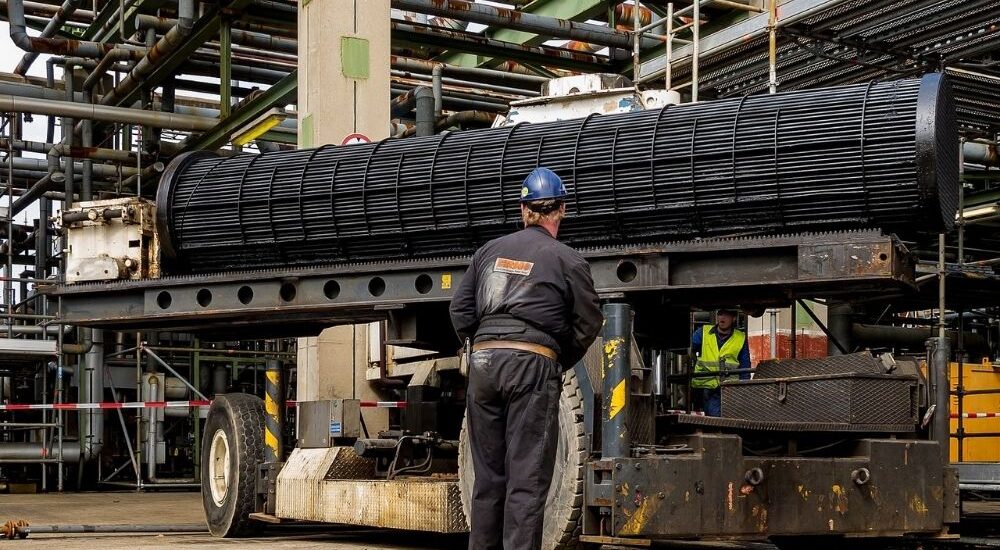Germany’s industrial orders fell sharply in July
- September 13, 2023
- Posted by: Quatro Strategies
- Categories: Europe, Rare Earths & Commodities

Germany’s industrial orders fell more than expected in July, declining by 11.7% on a seasonally and calendar-adjusted basis compared to the previous month, according to data from the federal statistics office. This drop followed a sharp gain in the aerospace sector in June, which had posted an unexpected increase of 7.6%. The decline in July was attributed to the large order in air and spacecraft manufacturing the month before.
Analysts cited weakness in the global economy as a key factor contributing to the trend. They noted that Germany’s industrial sector is heavily influenced by the state of the global economy, which is currently facing challenges.
The data reflects ongoing uncertainty in the industrial sector, with some economists suggesting that a turnaround is not imminent due to the weak global economy and high energy costs. Despite the monthly fluctuations, industrial orders in Germany showed a 3.1% increase in the three-month comparison from May to July compared to the previous three months.
The industrial sector remains a critical component of Germany’s economy, and fluctuations in orders can have a significant impact on the country’s economic performance. As such, economists will continue to closely monitor developments in the industrial sector for signs of stabilization and recovery.
Interested in learning more?
Sign up for Top Insights Today

Top Insights Today delivers the latest insights straight to your inbox.
You will get daily industry insights on
Oil & Gas, Rare Earths & Commodities, Mining & Metals, EVs & Battery Technology, ESG & Renewable Energy, AI & Semiconductors, Aerospace & Defense, Sanctions & Regulation, Business & Politics.


